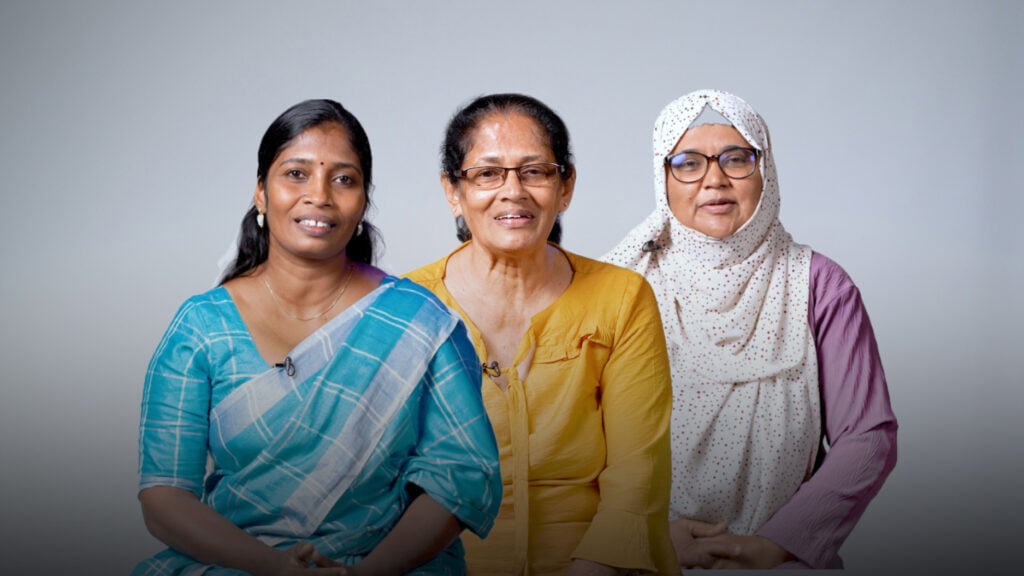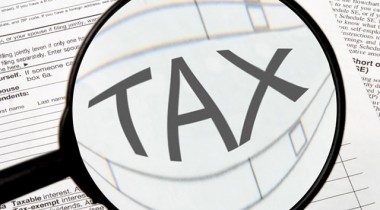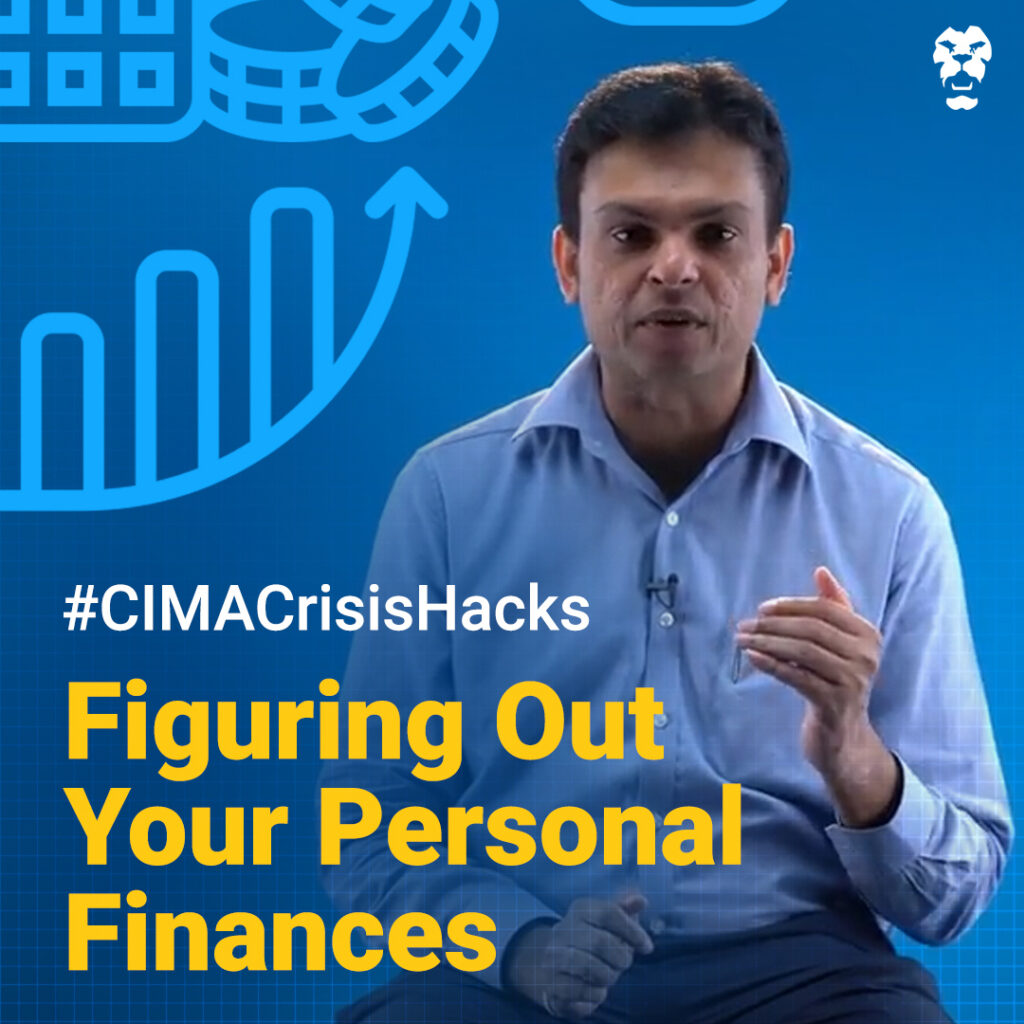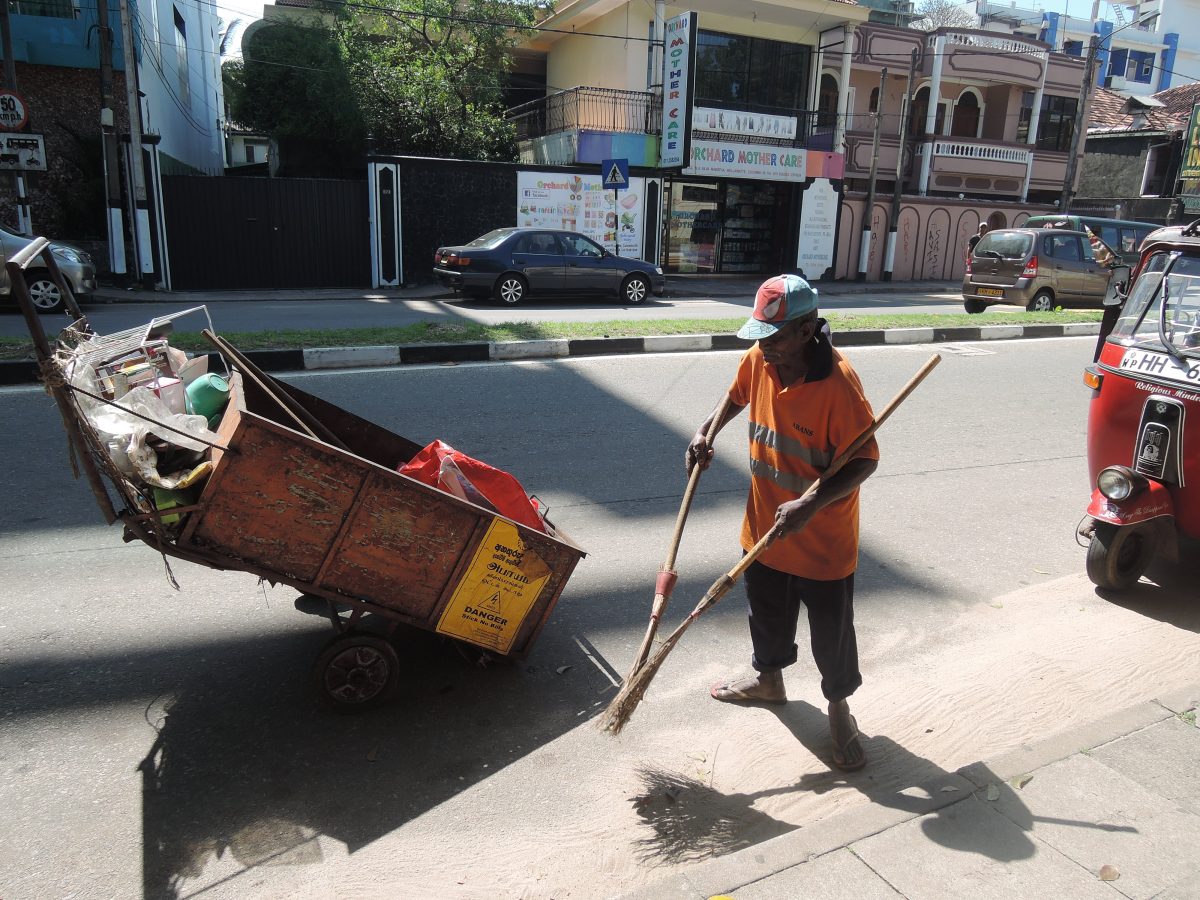
“Let us work in partnerships between rich and poor to improve the opportunities of all human beings to build better lives.” –Kofi Annan–
Kandiah Ramiah, 68, begins sweeping the streets as early as 5:30 a.m. every morning and continues to work till dusk. He had previously been employed as a security guard by a private company, and as a contract worker during the early years of his life. Ramiah left his job as a security guard and started working as a street sweeper to benefit from flexible work schedules. “Now I am able to take two days of leave every month. It wasn’t easy to obtain leave while I was employed as a security guard,” says Ramiah. However, despite years of employment, Ramiah’s accumulated wealth for retirement is only in the form of a Rs. 10,000 savings in his bank account.
Physically Strenuous Work For Survival
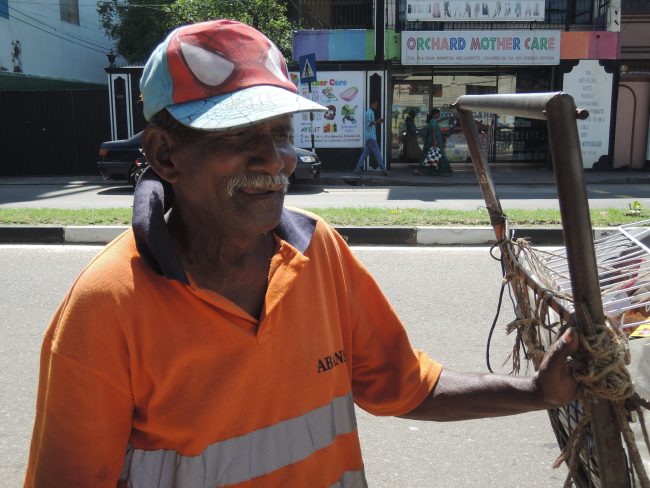
Kandiah Ramiah, 68, earns around Rs. 18,000 – Rs. 19,000 a month, but has no savings for retirement. Image courtesy writer.
Ramiah earns a daily wage of Rs. 550 after working for 8 hours; he gets paid an additional Rs. 50 for each hour worked overtime. He takes a rest for two days every month, but works all other days, including weekends, and manages to earn a monthly income of around Rs. 18,000 – Rs. 19,000. Many low income earners have to work very hard, often engaging in physically strenuous work, for survival even during their old age. However, casual labourers like Ramiah end up with zero Provident/Pension Funds and aren’t entitled to the same rights as other workers.
“I am earning mainly to look after my needs and if there is any money left I give it to my daughter. The money earned is finished immediately and there is not much you can do with Rs. 1,000 here,” he says, while looking ahead to check if the lorry has arrived to collect the garbage. He adds that, “If we have the energy then we would work, regardless of how old we are. Life would be easy if elders like me could get benefits from the Government. But I don’t expect anything from the Government, and am ready to work as long as I am able to.”
However, unlike Ramiah, a majority of the elderly in Sri Lanka are facing physical challenges which prevent them from engaging in work as they age. Since low income, casual labourers are not covered by or included under any social security, pension/provident fund, employers choose to employ casual labourers on a contract basis. This way, the employers can cite that the workers don’t stay long enough to avail themselves of the employer EPF contribution, eliminating the workers’ opportunity to accumulate funds for retirement.
Right To Regular Sustainable Pension
Annie Kurian, Director at the Ja-ela based Centre for Social Concerns told Roar that “The biggest problem that I see is poverty among elderly. Only a very small percentage has access to regular and sustainable pension, and this doesn’t include the majority such as the farmers, casual laborers etc. employed within the informal sector.”
Pension, provident fund, and social security, despite being different programmes, are all basically designed with the same aim to provide income to people during retirement. In Sri Lanka, the Employee Provident Fund (or EPF) is essentially a social safety net providing a uniform scheme of superannuation benefits for all employees in the private sector. According to the EPF Act, the employee must contribute 8% of their salaries, and employers must contribute 12% of the employee’s salary, every month, to the EPF fund. Thereafter, the money accumulated in the fund is paid out when the worker retires or when they are no longer fit to work (for instance, if they suffer an injury or are rendered disabled in any way).
Poverty Among Elderly
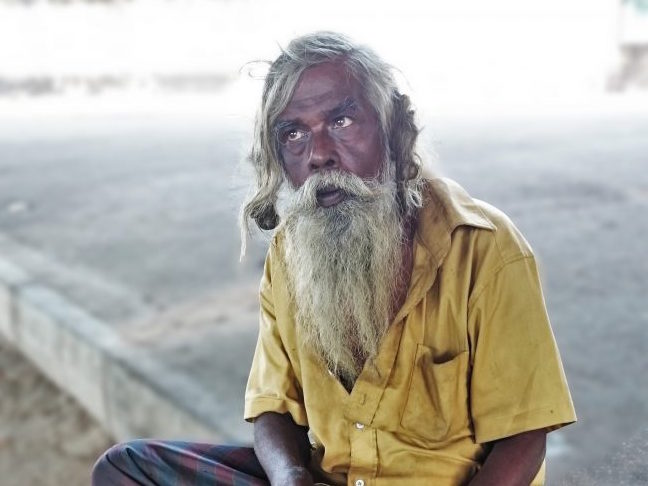
With a rapidly ageing population, Sri Lanka needs a better mechanism to take care of its elderly. Image Credit: Aaysha Jaufer
Sri Lanka is gradually transitioning into a rapidly ageing population with increasing life expectancy and decreasing birth rates. Elderly persons from low-income families become dependents, and are often afraid of becoming a burden to an already financially insecure family. Being financially dependent on family is thus fast becoming a key concern among the poor and the old. Provident Funds are an ultimate necessity to secure a comfortable retirement. However, such a security is not available for low-income earners, especially the daily wage earners, who are completely ignored by the current system.
Article 22 of the United Nations Universal Declaration of Human Rights states everyone as a member of society, has the right to social security. What are the measures taken to ensure that everyone in Sri Lanka, regardless of one being a daily wage earner or not, has a right to social security?
The Sri Lankan Government’s Plan For Elders
In order to understand this further, we visited the National Secretariat for Elders (NSE) after scheduling for an interview in advance with the Director at NSE. However, as the Director was busy we spoke to the Development Officer, instead. Beyond a summary of the key points from the leaflets, the Officer was unable to furnish us with any more details.
Nevertheless, one thing was very clear ‒ either this is the capacity that we should be prepared to expect and accept from Government employees, or they have been strictly instructed to only reveal what is in print. The answer is most likely a bit of both.
Are Necessary Mechanisms In Place To Regulate EPF/Pensions For All?
The main purpose of the National Secretariat for Elders according to their website, is to “encourage participation of elders on social development and to ensure their independence, care, participation, self fulfilment and dignity… [and] to protect the rights of elders through awareness programmes.”
If the National Secretariat for Elders truly lived by its mission statement, then the elders, regardless of employment, would be able to lead an independent life with self fulfilment and dignity. Rights of elders begins with fundamentals such as ensuring that necessary mechanisms are in place to regulate, for instance, provident/pension funds for all ‒ casual labourers included.
As of now, the Government does provide a monthly sum of Rs. 2,000 for senior citizens aged above 70 years, who have no source of income. With the cost of living at where it is today, however, it is unfair to discriminate against casual labourers by expecting them to live on this meagre sum.
Here’s hoping the Sri Lankan Government understands that informal, low-income workers are also entitled to a regular and sustainable pension like any other public/private sector employee, and takes better measures to address this issue soon.
Featured image courtesy writer.


